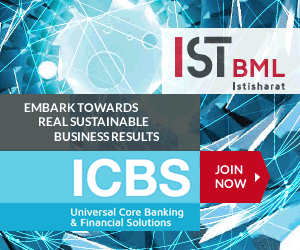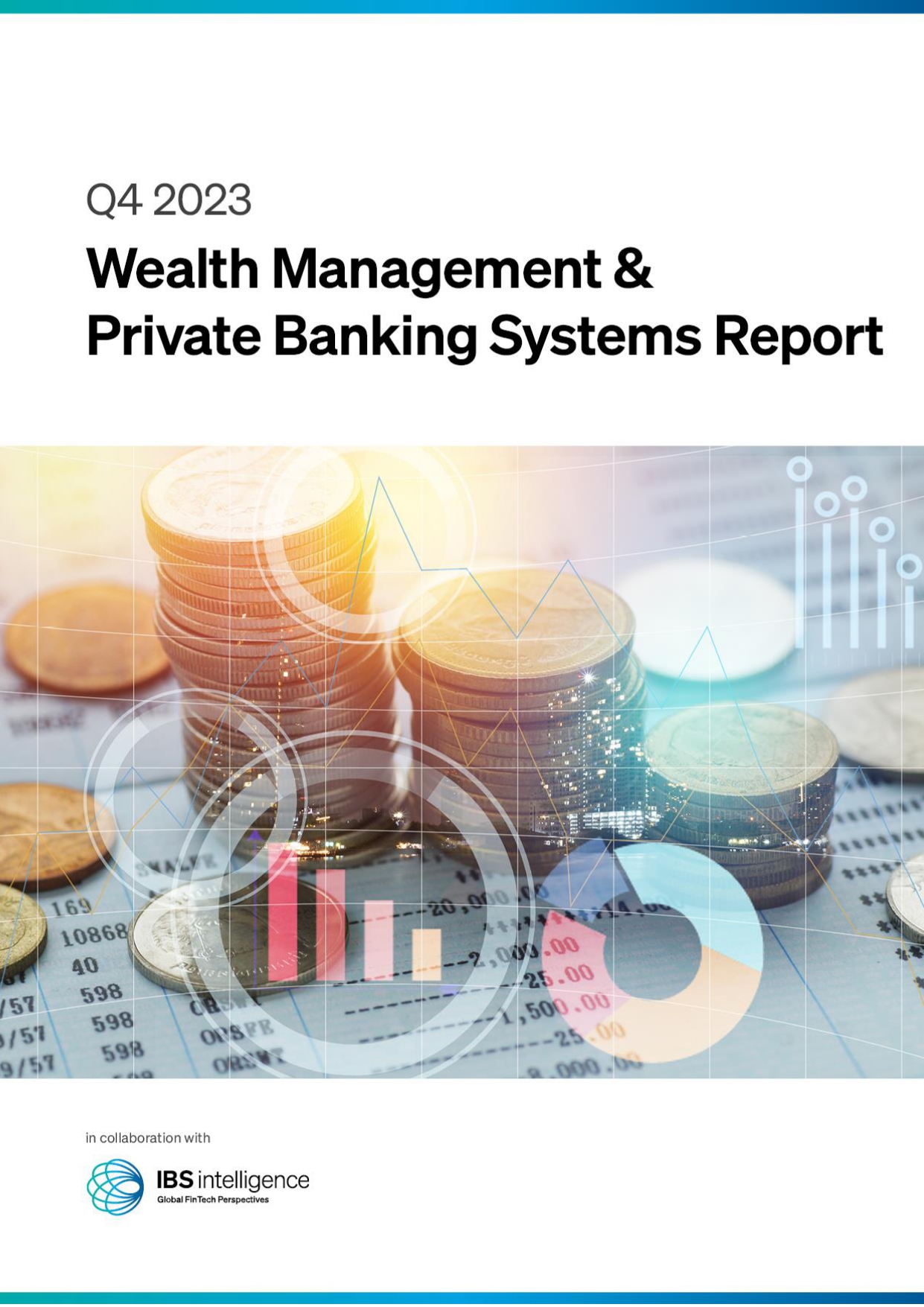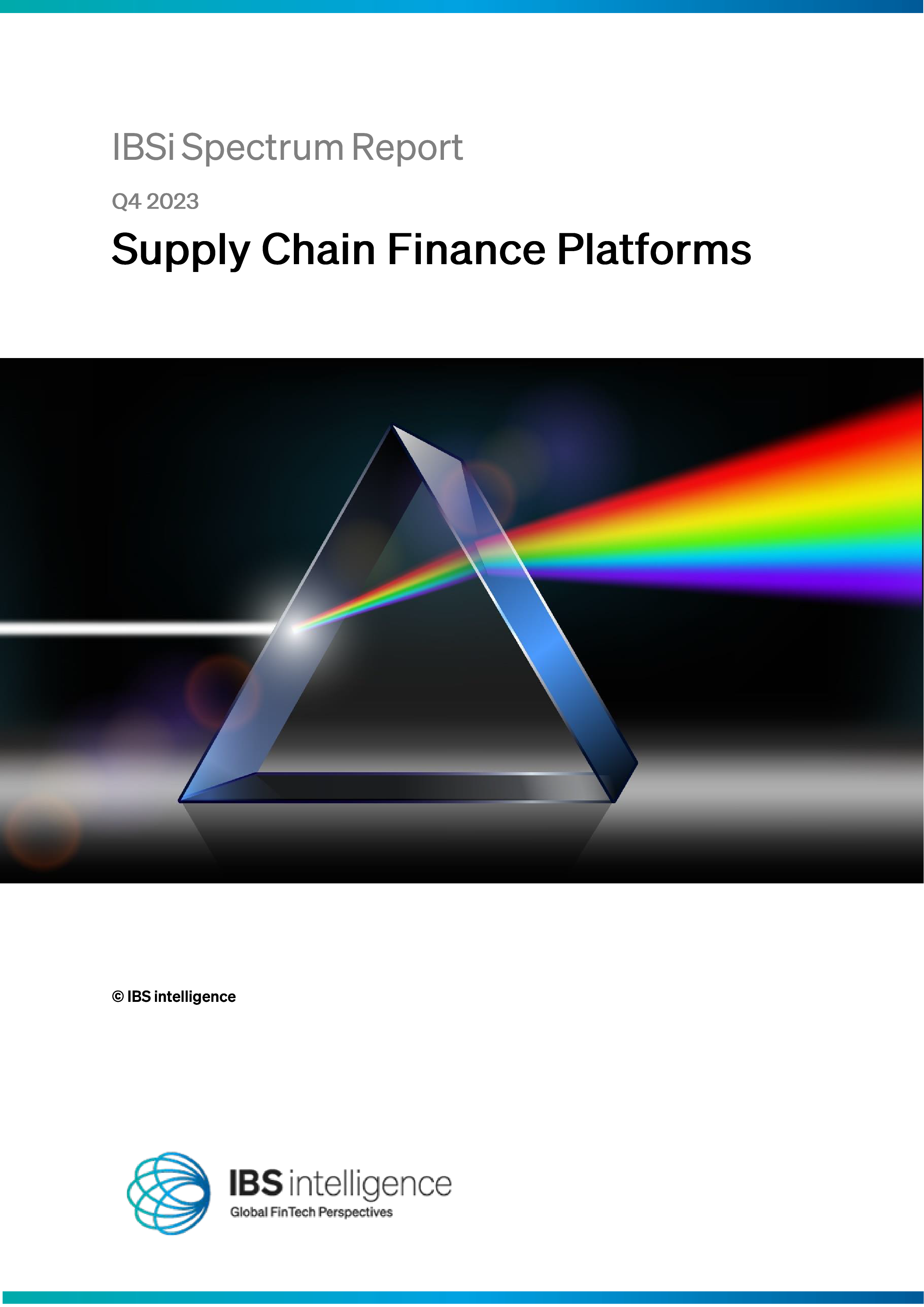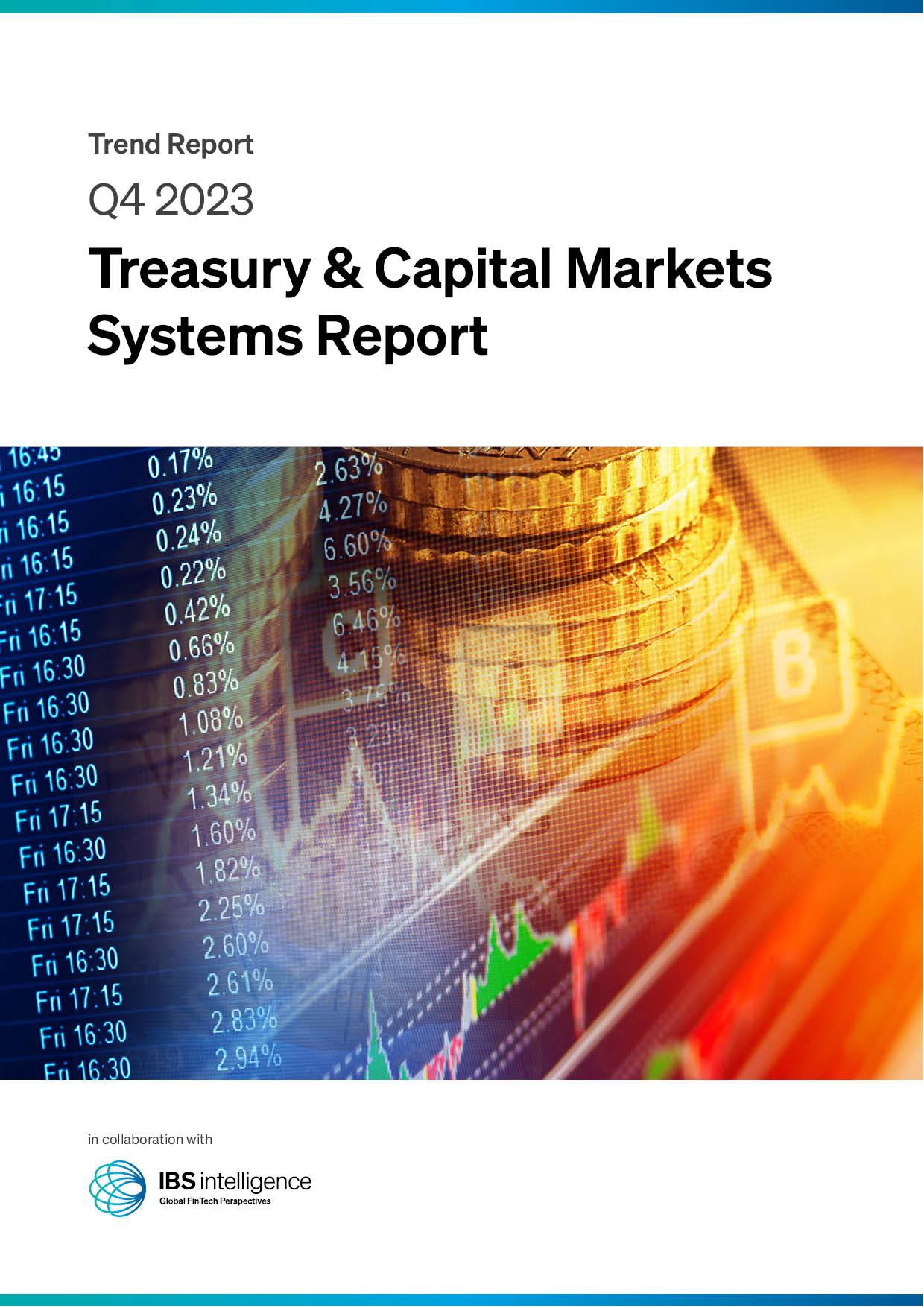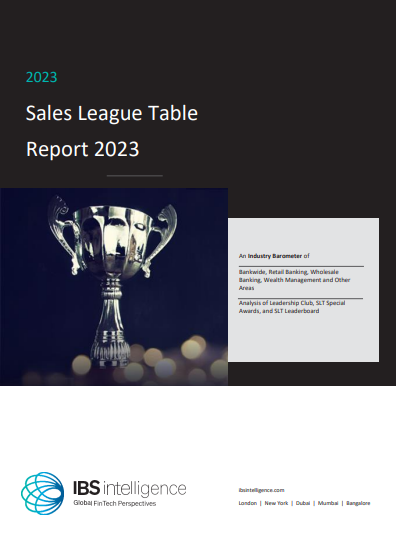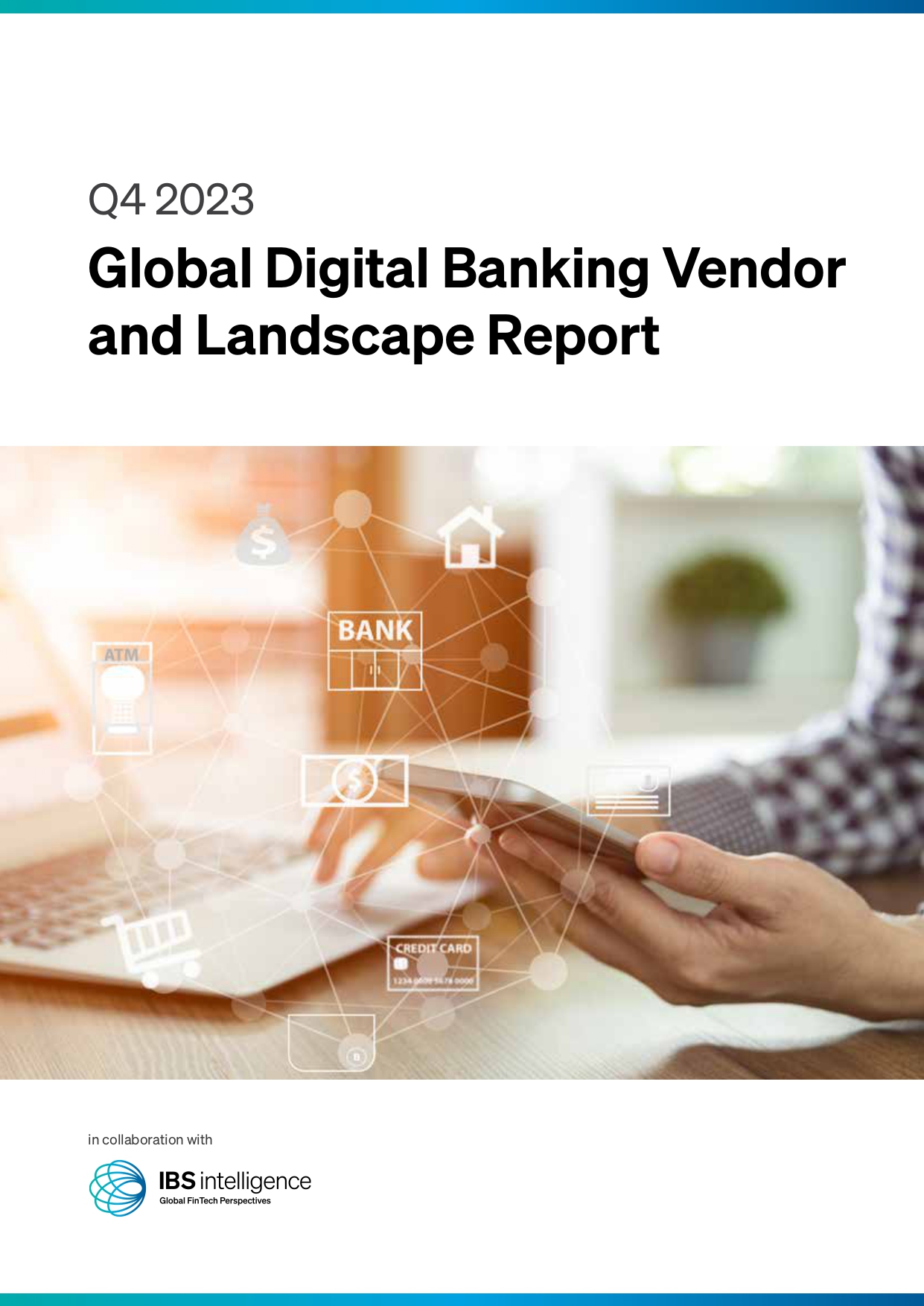4 German neobanking FinTechs you must not miss out on
By Megha Bhattacharya
 Germany, home to several successful FinTechs, was ranked second for venture funding into fintech in Europe last year (mainly because of investment from foreign funds). The country hosts significant FinTechs including N26, Kreditech, Fidor Bank, Mambu and many more. Alongside these key players, Germany’s lively FinTech scene has been expanding with the emergence of promising and innovative businesses.
Germany, home to several successful FinTechs, was ranked second for venture funding into fintech in Europe last year (mainly because of investment from foreign funds). The country hosts significant FinTechs including N26, Kreditech, Fidor Bank, Mambu and many more. Alongside these key players, Germany’s lively FinTech scene has been expanding with the emergence of promising and innovative businesses.
Here are the 4 German neobanks to keep a watch on –
Headquartered in Berlin, Penta is a digital platform for business banking aimed at SMEs and startups. It offers its business customers a German IBAN and debit cards for expense management, on top of its other financial services.
FinTech Penta recently closed €30 million in a Series B+ top-up round backed by existing investors such as finleap, HV Capital, RTP Global, Presight Capital, S7V and VR Ventures, ABN AMRO Ventures.
It also announced a partnership with savings marketplace Raisin along with the release of a new range of corporate term and overnight deposits. The partnership is expected to allow Penta’s business customers to access higher interest rates by investing in Raisin deposit products through their accounts.
Penta aims to offer one platform for all financial needs – from simple banking tasks to accounting, expense management, charging customers or getting loans. It recently expanded its target group and market positioning by offering its product and services to solo self-employed people.
N26 is a neobank headquartered in Berlin, Germany. N26 currently offers its services throughout various member states of the Single Euro Payments Area and in the United States. Its operations in the UK have been suspended since April 2020 due to the uncertainties caused by Brexit.
Recently, FinTechs N26 and Raisin have expanded their collaboration to address the low-interest rate issue in the German market. The partnership is expected to allow N26 to extend its product portfolio with overnight deposit provider EasyFlex Savings, with an interest rate of 0.21% p.a.
According to Raisin, the deposit products on its German platform are made available through N26’s EasyFlex Savings include the competitive 0.21% overnight account at Norwegian Komplett Bank, with a minimum investment of €500.
The neobank was founded in 2013 by Valentin Stalf and Maximilian Tayenthal.
Established in 2015, Bitwala is a cryptocurrency flagship with an aim to provide an all-in-one platform combining a regular bank account, a Bitcoin wallet, and bitcoin trading options. It charges a 1 percent fee for bitcoin trading. The company offers a blockchain banking service and was founded by Jörg von Minckwitz, Jan Goslicki, and Benjamin P. Jones in October 2015.
Bitwala launched its new Bitcoin banking app for iOS and Android in a bid to enable mobile users to open a German bank account with an integrated bitcoin wallet and trading on their smartphone, last year.
The mobile wallet includes a video identification process that is expected to verify residents in the European Economic Area with the availability of a valid national ID card/passport and Proof of Address. The wallet allows users to buy/sell bitcoin directly from their bank account and comprises of P2P functionalities for bitcoin transfers.
Fidor Bank is a German online bank, founded in 2009. In July 2016, it was announced that Fidor Bank was being acquired by France’s Groupe BPCE for €100m. As of September 2016, Fidor Bank continued to operate under its own branding.
European digital transformations provider Sopra Steria recently announced the completion of Fidor Solutions’ acquisition, via its subsidiary Sopra Banking Software. The company announced its negotiations with Fidor Bank on the 17th of November, 2020. Sopra Steria stated that the acquisition is expected to speed up the development of Sopra Banking Software’s digital solutions by enhancing the user features offered to banks through its Digital Banking Engagement Platform solutions.
Fidor Solutions, the subsidiary of Fidor Bank, selected RegTech provider Konsentus in a bid to bolster its PSD2 open banking offering roll-out. The partnership will see Konsentus’ Third Party Providers (TPPs) be integrated into Fidor’s API digital banking platform, fidorOS (fOS), in an attempt to provide PSD2 and open banking compliant solutions. Fidor Bank will utilize TPPs Identity & Regulatory Checking.
ALSO, READ: Cool FinTech Report by IBS Intelligence
IBSi Daily News Analysis

January 16, 2024
Bitwala
Egypt among top remittance recipient countries in 2023: World Bank
Read MoreIBSi FinTech Journal
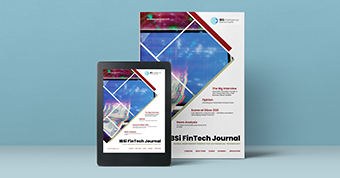
- Most trusted FinTech journal since 1991
- Digital monthly issue
- 60+ pages of research, analysis, interviews, opinions, and rankings
- Global coverage


